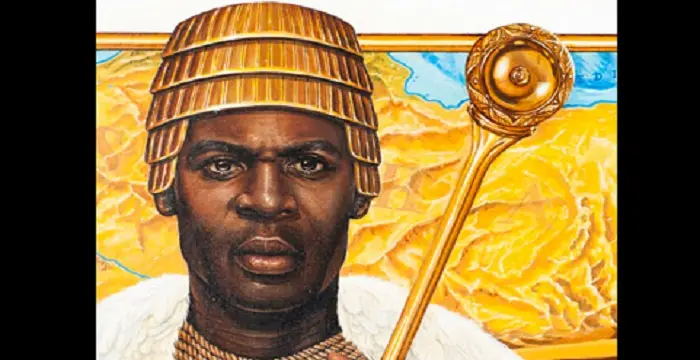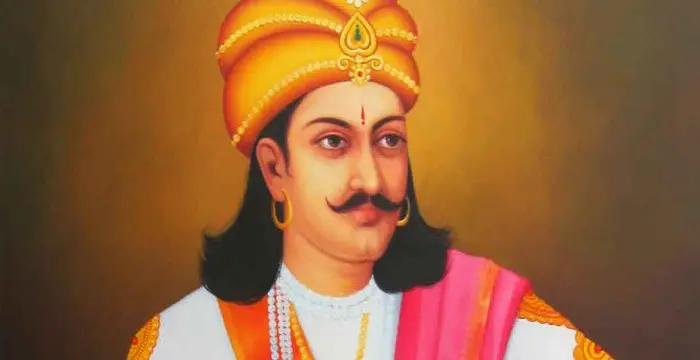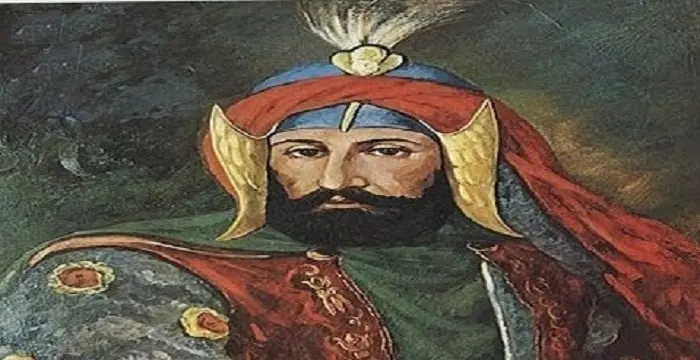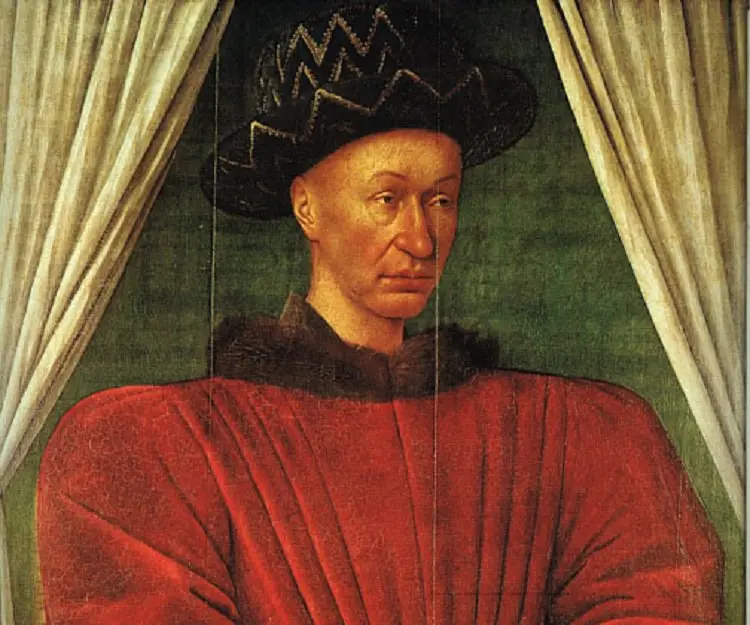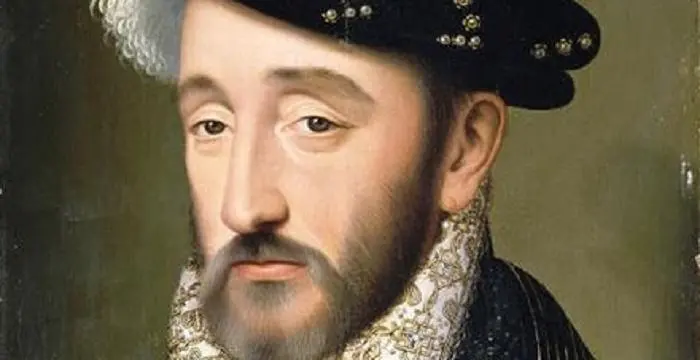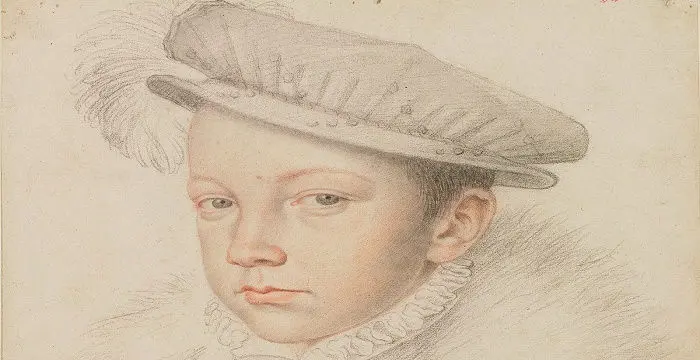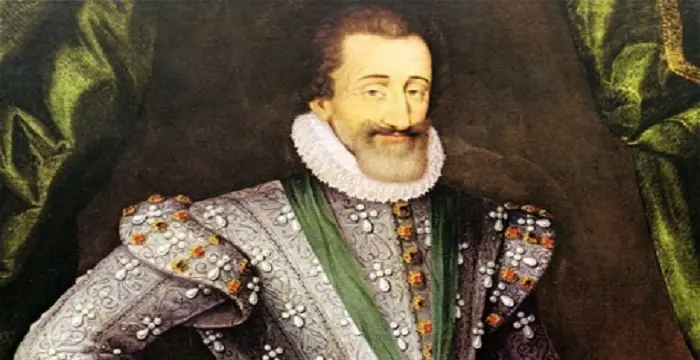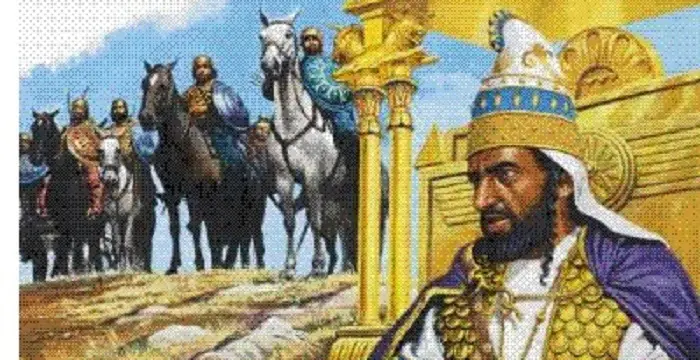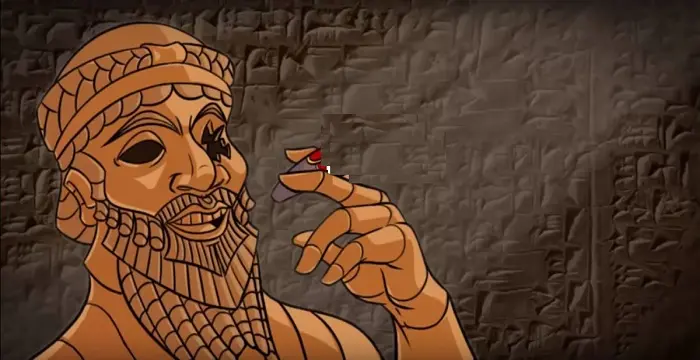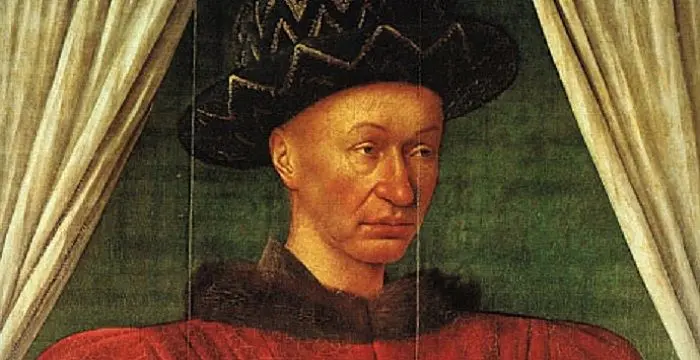
Charles VII of France - King of France, Career and Facts
Charles VII of France's Personal Details
Charles VII was the King of France from 1422 to his death in 1461
| Information | Detail |
|---|---|
| Birthday | February 22, 1403 |
| Died on | July 22, 1461 |
| Nationality | French |
| Famous | Historical Personalities, Emperors & Kings, Emperors, King of France, Kings |
| Spouses | Marie of Anjou |
| Childrens | Catherine of France, Charles de Valois, Countess of Charolais, Duc de Berry, Duchess of Bourbon, Joan of France, Louis XI of France, Magdalena of France, Yolande of Valois |
| Birth Place | Paris |
| Gender | Male |
| Father | Charles VI of France |
| Mother | Isabeau of Bavaria |
| Sun Sign | Pisces |
| Born in | Paris |
| Famous as | King of France |
| Died at Age | 58 |
// Famous Emperors
Sundiata Keita
Sundiata Keita was the founder of the Mali Empire in West Africa. This biography profiles his childhood, early life, struggles, founding of empire, rule, administration, achievements and also gives some fun facts.
Ashoka
Ashoka was the third emperor of the Mauryan Dynasty and ruled almost the entire Indian subcontinent. This biography profiles his childhood, life, reign, achievements and timeline
Murad IV
Murad IV was one of the mighty Sultans in the history of the Ottoman Empire. This biography profiles his childhood, family, accession, rule, administration and timeline.
Charles VII of France's photo
Who is Charles VII of France?
Charles VII was the King of France from 1422 to 1461. Also known as Charles The Well-served, or The Victorious, he ascended to the throne during a period of great political turmoil in France. He was born as the son of the French King Charles VI who was known to be of unstable mind. At that time the Hundred Years' War was going on between England and France and the mentally unstable King Charles VI was forced to disinherit his son in favor of the English King, Henry V. After his father’s death Charles VII laid his claim to the French throne but was unsuccessful in claiming his rightful inheritance. During this time, a young lady called the Joan of Arc claimed to have a spiritual revelation and stated that she would help in driving away the English from the French soil and aid Charles in becoming the King of France. Joan, aided by several prominent military commanders led French troops to several important victories and paved the way for Charles’ coronation. Even though his initial years as the King were marked by indecisiveness, his reign is considered to be an important one in French history as the Hundred Years’ War that had been raging on from the past several decades was finally brought to an end during his reign.
// Famous King of France
Henry II of France
Henry II of France was a monarch who ruled France from 1547 to 1559. Check out this biography to know about his birthday, childhood, family life, achievements and fun facts about him.
Francis II of France
Francis II of France was the eldest son of King Henry II and Catherine de’ Medici. Check out this biography for more information about his childhood, family, personal life, etc.
Henry IV of France
Henry IV was King of Navarre and King of France from 1589 to 1610. This biography of Henry IV profiles his childhood, life, reign, achievements and timeline.
Childhood & Early Life
Charles was born as the fifth son of Charles VI of France and Isabeau of Bavaria on 22 February 1403 in Paris, France. His father was of an unsound mind and mentally unstable.
All of his four elder brothers died young and Charles was named the Dauphin (heir to the throne) at the age of 14 in 1417. He was also made lieutenant general of the kingdom.
He faced threats to his life from the time he was named the Dauphin. The soldiers of Duke John the Fearless of Burgundy attempted to capture the city in 1418, forcing Charles to flee to Bourges. By the next year, Charles had established his own court in Bourges and a Parliament in Poitiers.
As a teenager Charles was known for his bravery and fearlessness. He also displayed signs of developing into a capable military leader when he led an army against the English as a young man.
In 1420, his father disinherited Charles stating that he was his mother’s illegitimate son, and recognized Henry V of England and his heirs as the legitimate successors of the French crown instead. Humiliated, Charles fled to Southern France.
Accession & Reign
King Charles VI died in 1422 in Paris and the succession was cast into doubt. According to the Treaty of Troyes, signed by Charles VI in 1420, the heir to the throne was the infant King Henry VI of England, the son of the recently deceased Henry V. However, many regarded the treaty as invalid on basis on Charles VI’s insanity and considered Dauphin Charles to be the legal heir.
Charles claimed the title of King of France for himself but made no attempts to expel the English from northern France. He remained in southern France where he maintained a court in the Loire Valley. The initial years of his reign were marked by indecisiveness and inaction, and several years passed without him being officially proclaimed the King.
In February 1429, he was approached by a young peasant girl named Joan of Arc who claimed that she had visions of angels and saints who gave her the divine mission of driving out the English forces and helping the Dauphin get crowned.
Skeptical of the girl’s claims at first, Charles eventually came to believe her when she revealed to him some secrets that he had voiced only in silent prayer to God. Filled with renewed confidence, he provided Joan with the resources and skilled army personnel for fighting the English.
Joan led the French army in several battles against the English and achieved decisive victories, first at Orléans and then at the Battle of Patay in which the English field army lost about half its troops.
Following the French victories, Charles was finally crowned King Charles VII of France in Reims Cathedral on 17 July 1429. Even though he could not achieve much in his initial years as the King, Charles was able to effectively assume personal control of the war with England by 1433.
He eventually gained financial independence with the guidance of the merchant Jacques Coeur who acted as the King’s financial advisor. During the 1430s and 1440s, French commerce saw resurgence and he implemented several governmental reforms to regulate the legislation.
He was also successful in creating a strong army which effectively won back numerous French territories that had fallen into English control. By the end of 1453, the Hundred Years’ War finally came to an end.
Achievements
Charles VII is most famous for overseeing the ending of the Hundred Years’ War that had been raging on between England and France from 1337. He is credited with the creation of France’s first standing army since the Roman times and was successful in achieving what four generations of his predecessors failed to do by driving out the English and ending the Hundred Years’ War.
Personal Life & Legacy
Charles was betrothed to Marie of Anjou in 1413 and married her in 1422. Marie was the daughter of Louis II of Anjou and Yolande of Aragon, titular Queen of Aragon. This marriage produced 14 children. Charles VII received a great deal of support from his wife’s family during the Hundred Years’ War.
His favorite mistress was Agnès Sorel who exercised considerable influence over him. She bore him three daughters and is considered the first officially recognized royal mistress.
His later years were marked by strained relations with his son, the heir to the throne, Louis, who he sent into exile.
Charles VII became ill in 1458 when a sore on his leg became infected and caused a serious fever. His health deteriorated considerably over the next two and a half years and he summoned Louis several times to come and meet him. The rebellious son never came to meet his dying father and Charles VII breathed his last on 22 July 1461 after suffering greatly in the last week of his life.
// Famous Kings
Sundiata Keita
Sundiata Keita was the founder of the Mali Empire in West Africa. This biography profiles his childhood, early life, struggles, founding of empire, rule, administration, achievements and also gives some fun facts.
Ashoka
Ashoka was the third emperor of the Mauryan Dynasty and ruled almost the entire Indian subcontinent. This biography profiles his childhood, life, reign, achievements and timeline
Murad IV
Murad IV was one of the mighty Sultans in the history of the Ottoman Empire. This biography profiles his childhood, family, accession, rule, administration and timeline.
Charles VII of France biography timelines
- // 1337Charles VII is most famous for overseeing the ending of the Hundred Years’ War that had been raging on between England and France from 1337. He is credited with the creation of France’s first standing army since the Roman times and was successful in achieving what four generations of his predecessors failed to do by driving out the English and ending the Hundred Years’ War.
- // 22nd Feb 1403Charles was born as the fifth son of Charles VI of France and Isabeau of Bavaria on 22 February 1403 in Paris, France. His father was of an unsound mind and mentally unstable.
- // 1413 To 1422Charles was betrothed to Marie of Anjou in 1413 and married her in 1422. Marie was the daughter of Louis II of Anjou and Yolande of Aragon, titular Queen of Aragon. This marriage produced 14 children. Charles VII received a great deal of support from his wife’s family during the Hundred Years’ War.
- // 1417All of his four elder brothers died young and Charles was named the Dauphin (heir to the throne) at the age of 14 in 1417. He was also made lieutenant general of the kingdom.
- // 1418He faced threats to his life from the time he was named the Dauphin. The soldiers of Duke John the Fearless of Burgundy attempted to capture the city in 1418, forcing Charles to flee to Bourges. By the next year, Charles had established his own court in Bourges and a Parliament in Poitiers.
- // 1420In 1420, his father disinherited Charles stating that he was his mother’s illegitimate son, and recognized Henry V of England and his heirs as the legitimate successors of the French crown instead. Humiliated, Charles fled to Southern France.
- // 1420 To 1422King Charles VI died in 1422 in Paris and the succession was cast into doubt. According to the Treaty of Troyes, signed by Charles VI in 1420, the heir to the throne was the infant King Henry VI of England, the son of the recently deceased Henry V. However, many regarded the treaty as invalid on basis on Charles VI’s insanity and considered Dauphin Charles to be the legal heir.
- // Feb 1429In February 1429, he was approached by a young peasant girl named Joan of Arc who claimed that she had visions of angels and saints who gave her the divine mission of driving out the English forces and helping the Dauphin get crowned.
- // 17th Jul 1429 To 1433Following the French victories, Charles was finally crowned King Charles VII of France in Reims Cathedral on 17 July 1429. Even though he could not achieve much in his initial years as the King, Charles was able to effectively assume personal control of the war with England by 1433.
- // 1453He was also successful in creating a strong army which effectively won back numerous French territories that had fallen into English control. By the end of 1453, the Hundred Years’ War finally came to an end.
- // 1458 To 22nd Jul 1461Charles VII became ill in 1458 when a sore on his leg became infected and caused a serious fever. His health deteriorated considerably over the next two and a half years and he summoned Louis several times to come and meet him. The rebellious son never came to meet his dying father and Charles VII breathed his last on 22 July 1461 after suffering greatly in the last week of his life.
// Famous Emperors & Kings
Sundiata Keita
Sundiata Keita was the founder of the Mali Empire in West Africa. This biography profiles his childhood, early life, struggles, founding of empire, rule, administration, achievements and also gives some fun facts.
Ashoka
Ashoka was the third emperor of the Mauryan Dynasty and ruled almost the entire Indian subcontinent. This biography profiles his childhood, life, reign, achievements and timeline
Murad IV
Murad IV was one of the mighty Sultans in the history of the Ottoman Empire. This biography profiles his childhood, family, accession, rule, administration and timeline.
Xerxes I
Xerxes I (Xerxes the Great) was the fourth and the most famous king of the Archaemenid dynasty of Persia. This biography profiles his childhood, family, personal life, life history, achievements, campaigns, administration, death and other facts.
Sargon of Akkad
Sargon of Akkad, also called ‘Sargon the Great’, ‘Sarru-Kan’ and ‘Shar-Gani-Sharri’, was the founder and first king of the Akkadian Empire. This biography profiles his childhood, life, rule, administration, timeline, and gives some fun facts.
Abdullah of Saudi Arabia
Abdullah bin Abdulaziz Al Saud was the King of Saudi Arabia from 2005 to 2015 and the third wealthiest head of state in the world. Find more facts about his life, childhood and timeline.
Charles VII of France's FAQ
What is Charles VII of France birthday?
Charles VII of France was born at 1403-02-22
When was Charles VII of France died?
Charles VII of France was died at 1461-07-22
Where was Charles VII of France died?
Charles VII of France was died in Mehun-sur-Yèvre
Which age was Charles VII of France died?
Charles VII of France was died at age 58
Where is Charles VII of France's birth place?
Charles VII of France was born in Paris
What is Charles VII of France nationalities?
Charles VII of France's nationalities is French
Who is Charles VII of France spouses?
Charles VII of France's spouses is Marie of Anjou
Who is Charles VII of France childrens?
Charles VII of France's childrens is Catherine of France, Charles de Valois, Countess of Charolais, Duc de Berry, Duchess of Bourbon, Joan of France, Louis XI of France, Magdalena of France, Yolande of Valois
Who is Charles VII of France's father?
Charles VII of France's father is Charles VI of France
Who is Charles VII of France's mother?
Charles VII of France's mother is Isabeau of Bavaria
What is Charles VII of France's sun sign?
Charles VII of France is Pisces
How famous is Charles VII of France?
Charles VII of France is famouse as King of France
